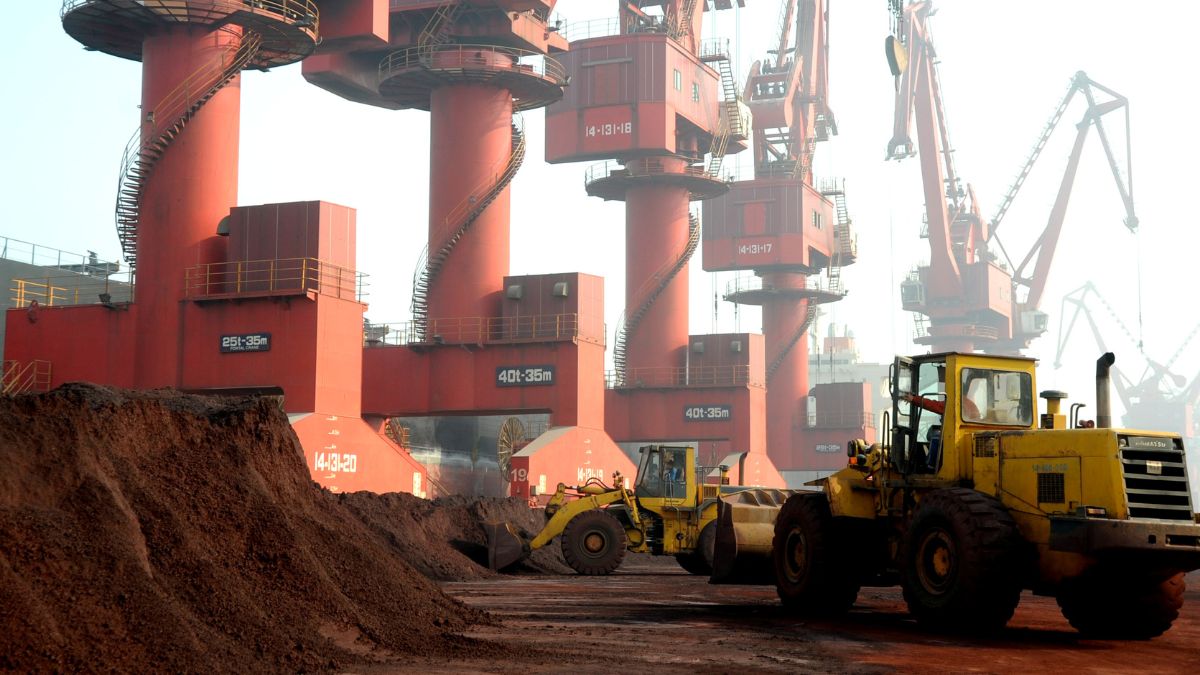The renewed trade truce between the United States and China has left key export restrictions linked to national security unresolved, creating uncertainty around the potential for a broader trade agreement.
Reuters, citing two people briefed on the outcomes of last week’s talks in London, reported that Beijing has not agreed to grant export clearance for certain specialised rare earth magnets used in US fighter jets and missile systems.
At the same time, Washington maintains export curbs on China’s purchases of advanced artificial intelligence chips due to their possible military applications.
During the London negotiations, Chinese officials appeared to tie progress on rare earth exports to easing restrictions on AI chip shipments, the sources said. The talks have moved beyond earlier topics such as tariffs and fentanyl trafficking to focus on export controls involving strategic technologies.
The United States is also considering extending existing tariffs on Chinese goods for another 90 days past the current August 10 deadline, agreed during a Geneva meeting last month. That move could delay a permanent trade resolution between the two nations, the sources added.
The individuals requested anonymity as both governments are closely guarding details of the negotiations. The White House, State Department, and Commerce Department did not respond to requests for comment. China’s Foreign and Commerce ministries also did not respond.
President Donald Trump described the agreement reached in London as a “great deal,” telling reporters, “we have everything we need, and we’re going to do very well with it. And hopefully they are too.”
Treasury Secretary Scott Bessent clarified that there would be no “quid pro quo” involving AI chip export restrictions and access to Chinese rare earth materials.
Beijing’s leverage over rare earths remains
China holds a dominant position in global rare earth production and refining. Its continued control over materials critical to US weapons systems, such as samarium, remains a sticking point in the negotiations.
In April, Beijing began restricting exports of critical minerals, which led the US to impose further export controls on items like jet engines and semiconductor design tools destined for Chinese firms.
At the London meeting, China offered to expedite approvals for rare earth exports to non-military US buyers, including setting up a “green channel” for trusted American companies. One of the sources said China would provide six-month licenses for those exports.
On Wednesday, Chinese magnet producer JL MAG Rare-Earth confirmed it had received export licenses covering shipments to the United States. China’s Commerce Ministry said it had approved some “compliant applications.”
However, exports of military-grade rare earths like samarium remain outside the fast-track process, the sources said.
Major differences persist
The London meeting followed a call between Trump and Chinese President Xi Jinping. Trump said US tariffs on China would be fixed at 55 per cent, while China agreed to impose 10 per cent tariffs on US goods.
Trump originally introduced tariffs as a response to China’s large trade surplus and alleged failure to curb the flow of fentanyl into the United States.
Analysts in China are skeptical that major breakthroughs will happen before the August 10 deadline.
“Temporary mutual accommodation of some concerns is possible but the fundamental issue of the trade imbalance cannot be resolved within this timeframe, and possibly during Trump’s remaining term,” said Liu Weidong, a US-China expert at the Chinese Academy of Social Sciences.
Extending the deadline may give the Trump administration more time to legally justify higher tariffs under Section 301 if a court challenge against the current tariffs is successful, one source said.
Ryan Hass, director of the China Center at the Brookings Institution, said the talks highlight the Trump administration’s difficulties in securing a deal that aligns entirely with its priorities.
“It has taken the Trump team a few punches in the nose to recognise that they will no longer be able to secure another trade agreement with China that disproportionately addresses Trump’s priorities,” Hass said.


)

)
)
)
)
)
)
)
)



